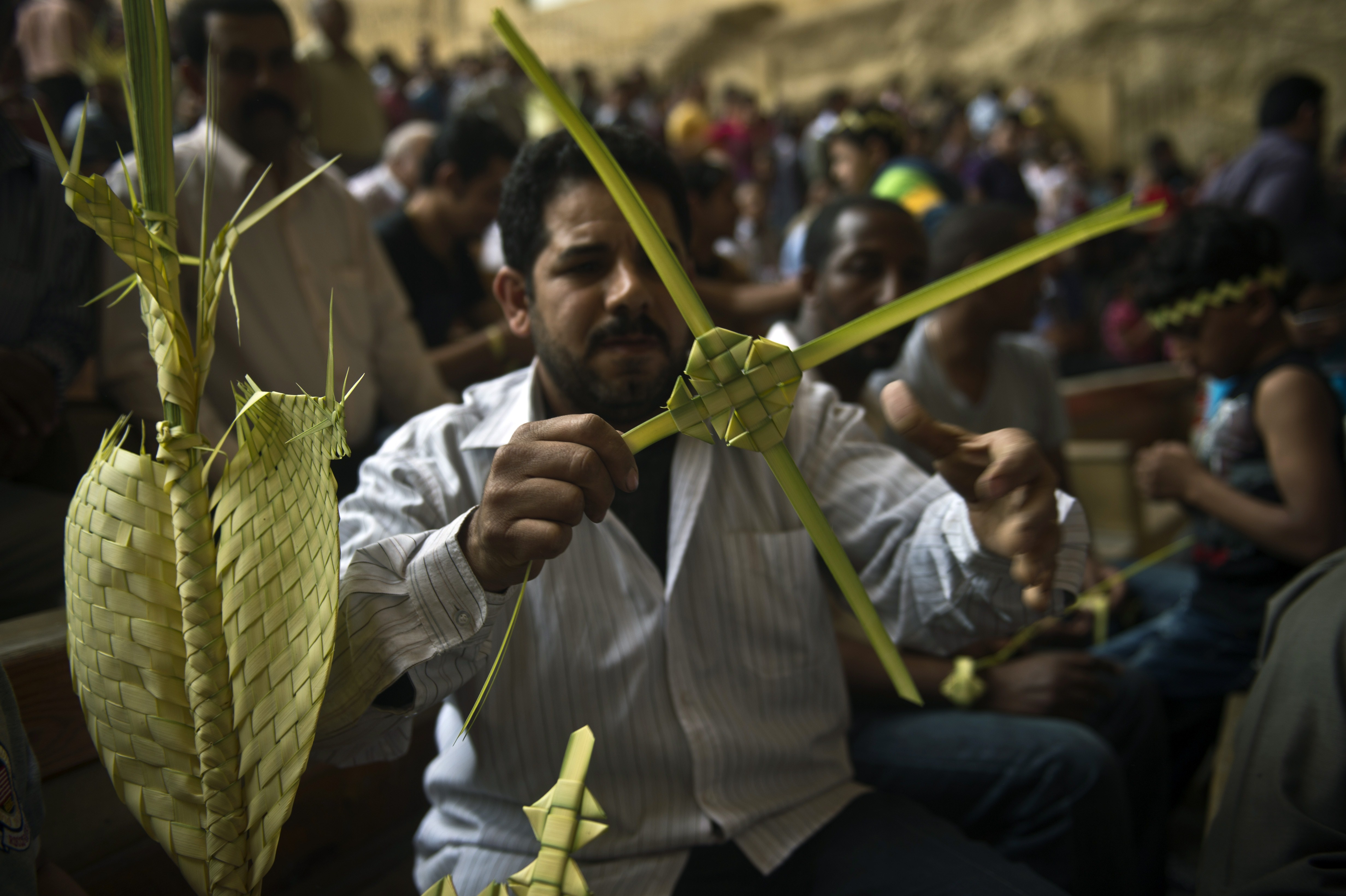
(AFP Photo / Fayez Nureldine)
Supporters of former President Mohamed Morsi have called for an “intifada” (uprising) on the first anniversary of his ouster.
In a Saturday statement The People Defend President Mohamed Morsi campaign accused the armed forces of “conducting the ruin, failure and fall of Egypt”. The group blamed President Abdel Fattah Al-Sisi, who was Morsi’s defence minister at the time of his ouster, of committing “mistakes and disasters”, which the campaign believes is a “clear failure of 60 years of continuous military rule not accomplishing anything for Egypt except defeat, calamities and bloodshed.”
The call for an uprising on 3 July comes on the heels of calls to protest by the Brotherhood backed Anti-Coup Alliance. The coalition called for a week of protest last Thursday, to coincide with the anniversary ahead of a “July uprising” and a “spiritual revolutionary programme” for the month of Ramadan.
The People Defend President Mohamed Morsi campaign says it has been “monitoring the broad popular alignment to restore the revolution… at home and abroad”. It says that each day “reveals the steadfastness of President Morsi and the extent of his commitment to the revolution, rights, freedoms and identity”. The group added that “the fig leaf will fall for those who hate Egypt and its people who exposed the people”, as well as those who conducted “deliberate smear campaigns since Morsi rose to power”.
Morsi’s overthrow came in the aftermath of mass protests that occurred around the country on 30 June 2013 calling for the Islamist leader to announce early presidential elections. Al-Sisi announced on 1 July that Morsi and his administration had three days to respond to the demands of the demonstrators. Two days later Al-Sisi appeared on state television, flanked by opposition and religious leaders, and announced that Morsi had been removed from power. The former president and many of his aides have been detained since 3 July, some facing charges and trials while others have yet to be formally charged.
Egypt was ruled by an interim government following Morsi’s ouster until Al-Sisi claimed a landslide win in a two-man presidential election against Nasserist politician Hamdeen Sabahy in early June.



